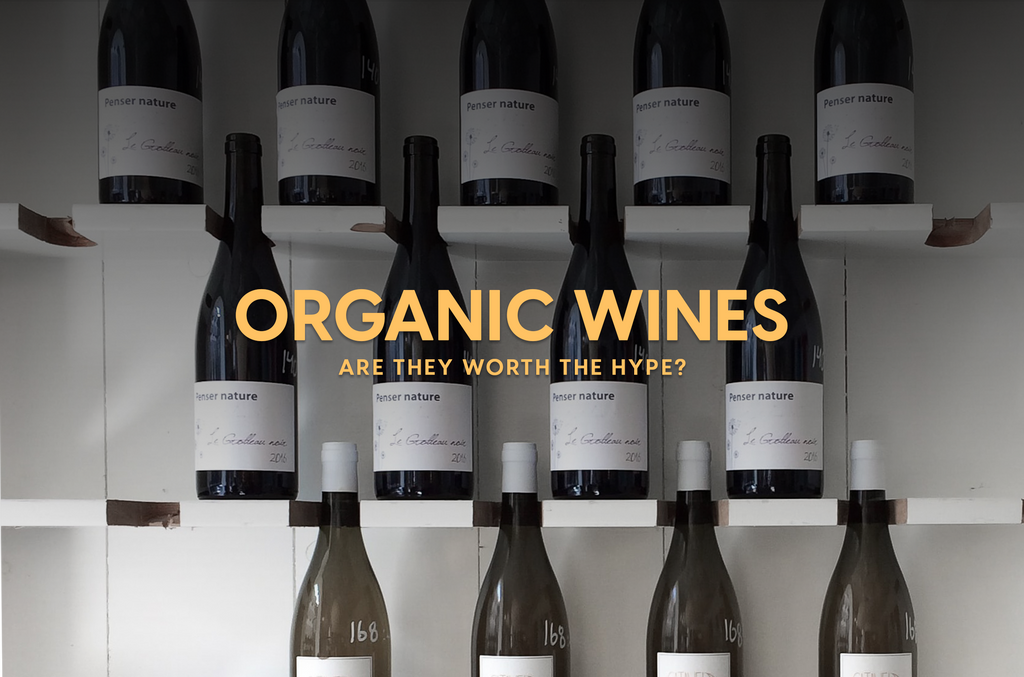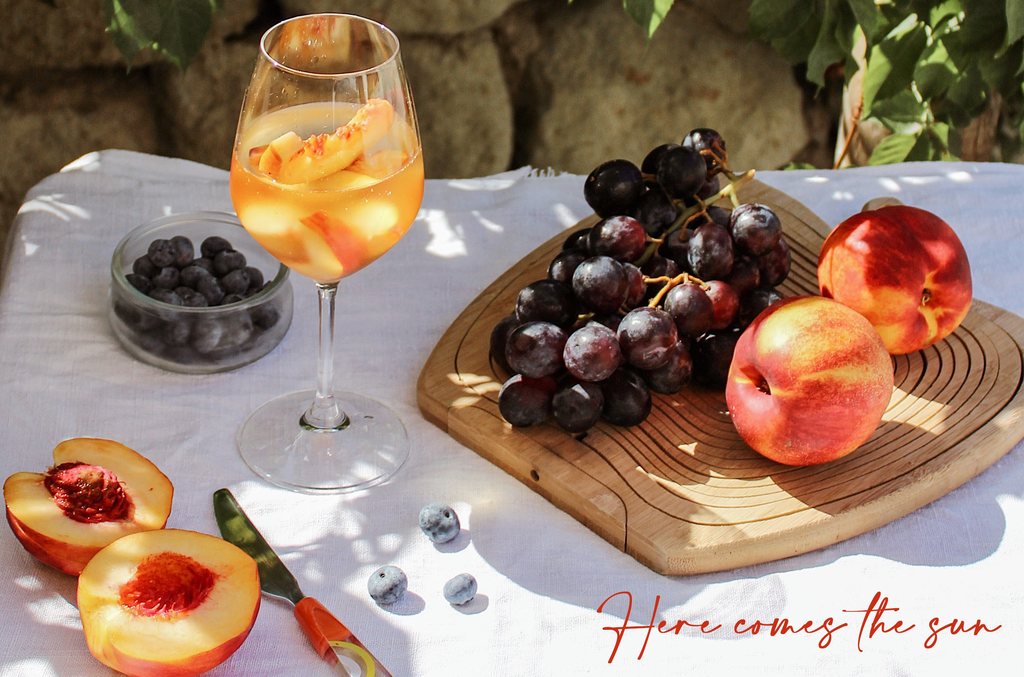Warning: This article is pretty long so grab yourself a snack and a sip of wine.
In general, organic wine is wine made from grapes grown organically in the vineyard without the use of chemical fertilisers, herbicides, fungicides or pesticides.
Organic wines were originally marketed to environmentalists and health-conscious consumers, but could now become a trend that is here to stay.
Organic VS Biodynamic
Growing grapes organically requires managing the vineyards in a completely different way to preserve the vines- namely no chemical, herbicides, pesticides, no bad stuff for the environment.
Biodynamic wines are wines that can be produced according to organic farming standards, but with an emphasis on sustainability rather than organic. Biodynamic growers believe that nature is able to rejuvenate itself and on their part, they will try their best to achieve biodiversity and minimise human intervention.
(For the wine-nerds) Organic wines and Sulfites
Sulfites are preservatives commonly used in wineries to keep wine tasting fresh and aromas intact.
In the US, organic wines = organically grown grapes without the addition of sulfites.
In Europe and Canada, organic wines = organically grown grapes that may/may not contain sulfites.
Sulfites can always be added during the winemaking process, after the organically grown grapes are harvested. In most cases, sulfite-free wines have a much shorter shelf life, and in some cases can significantly alter the aroma of the wine.
Are organic wines healthier?
We can't take full responsibility for judging whether organic is better, but we can say that some people are sensitive to chemicals and additives, so they prefer organic products and wines.
Some people prefer organic farming because it is better management of the land and allows people to farm longer for more generations to come. 
Things to note
Organic does not mean that the wines are vegan and additive-free. Take a quick glance on the wine label and try to spot additives such as yeast, proteins and animal enzymes.
Prices
Organic certification can be expensive, especially for small producers with little capital. This might also mean that the ones who made it can set a higher price per bottle.
Whether you choose organic wines or not, your personal taste is the way to go so take your time and discover your next (organic) wine.
← Older Post Newer Post →








0 comments